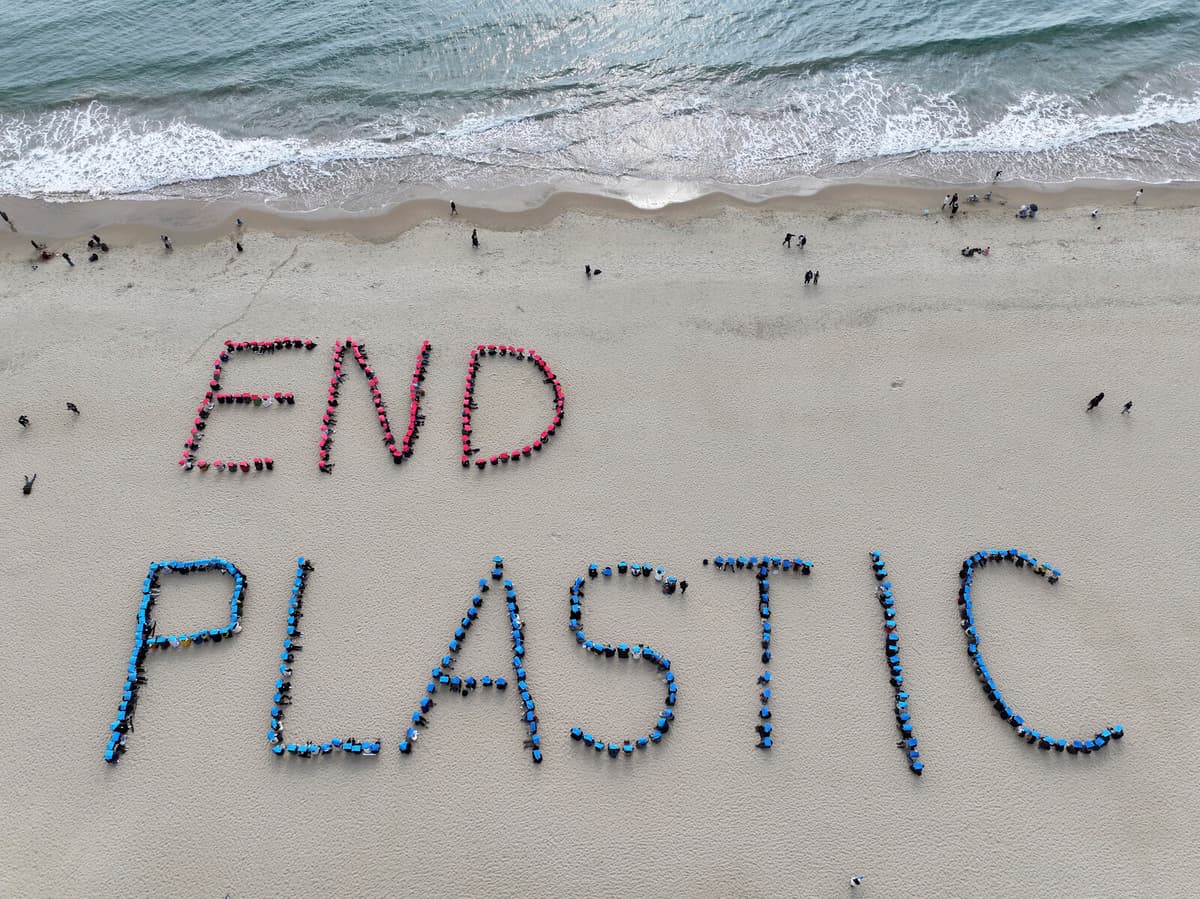What is the meeting about?
The meeting in Busan is ongoing until Sunday and is the fifth – and according to plan, the last – round of negotiations to reach a legally binding agreement to reduce plastic pollution in the world.
That the pollution is a major problem is something that almost everyone agrees on. But when it comes to potential solutions, the gaps are still enormous. When the meeting began, the countries had not even agreed on whether the agreement must be adopted unanimously or by a majority decision.
Reduced production or just better plastic?
A number of nations want to discuss the total amount of plastic on earth and are open to limiting how much new plastic is allowed to be produced. This includes, for example, phasing out certain single-use products, such as the ban on plastic bags or plastic utensils that has already been introduced in some countries.
A coalition of countries, including Sweden, is also pushing to remove certain potentially hazardous chemicals from plastic and wants to see an agreement that covers the entire life cycle, from production to waste.
Other countries, including Saudi Arabia, are opposed to a binding reduction in production and instead want to focus more on recycling and reuse.
Who should pay?
Just like at the recently concluded COP29 in Azerbaijan, financing an eventual agreement is a major issue for the poorer countries.
For example, India has demanded that the agreement must have a clear link to the costs and, like nearly 100 other countries, wants to see an international fund to finance the measures they agree on.
The key players:
A major uncertainty ahead of the meeting has been where the USA and China stand on the various issues.
Among the countries that have taken a stand and in various ways want to limit production are, for example, EU countries and island nations like Micronesia, which are heavily affected by plastic pollution from other countries.
On the other hand, there are primarily major oil-producing countries like Saudi Arabia, Russia, and Iran. They want the meeting to focus instead on taking care of the waste that arises and are backed by various industry lobbyists.






